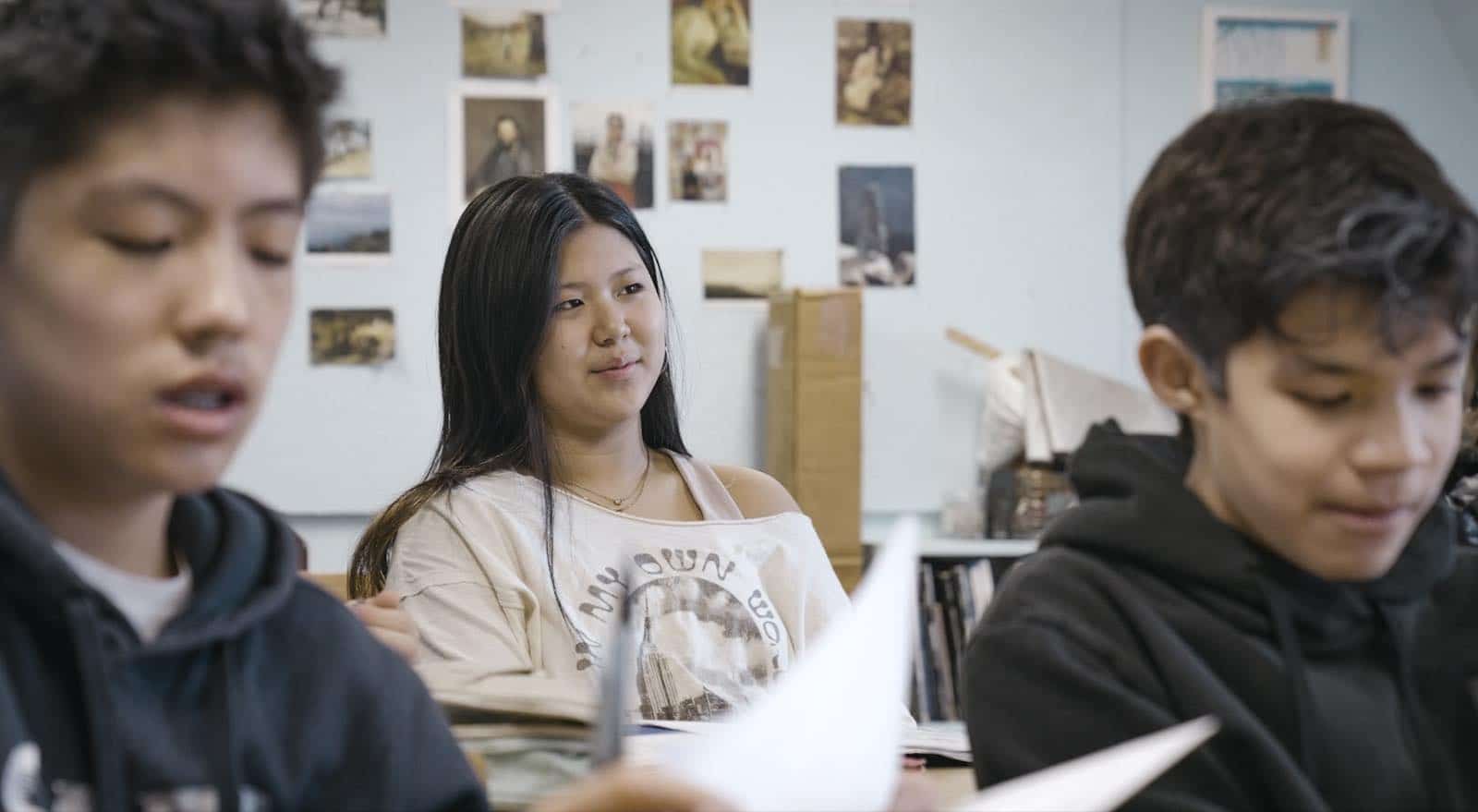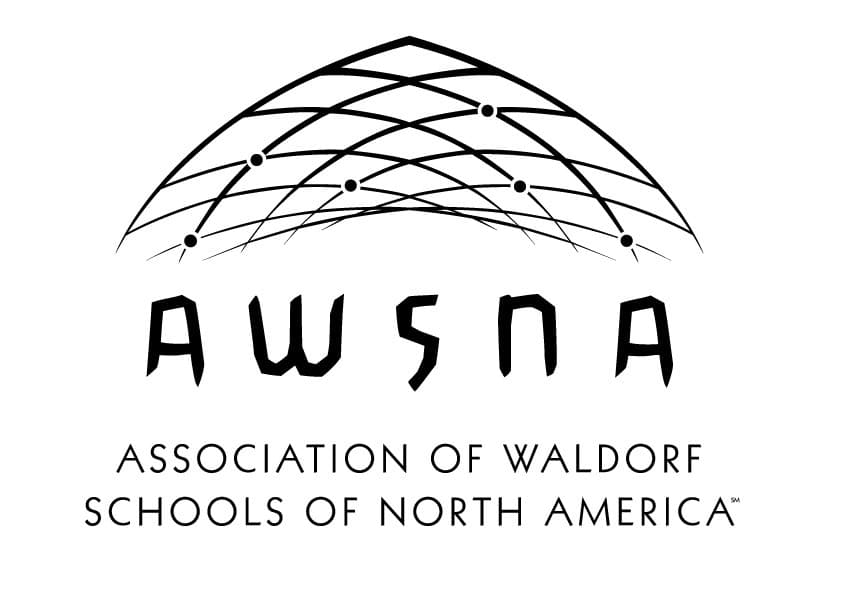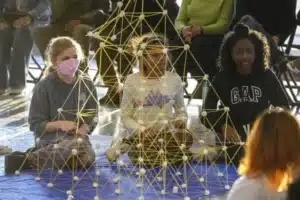EXPLOREWALDORFEDUCATION
Thinking about Waldorf Education for your child?
- Are you seeking a school that fosters a love of learning, where students look forward to coming to school each day?
- Is a classroom environment that encourages students to develop skills and capacities without fear, stress, or pressure to conform, important to you?
- Does a multi-disciplinary educational program that encourages well-rounded learning across all subject areas interest you?
- Is it essential to you that your child experience time outdoors and build a connection to the natural environment?
- Are you interested in a classroom environment that focuses on community and collaboration, where relationships are central to the educational experience?
- Does a curriculum that is designed to stimulate creative thinking and tend to social-emotional learning, over early use of digital technology, resonate for you as a parent?
What Waldorf Education is all about
We know that education is more than the acquisition of information, rigid academic curricula, and high stakes testing. In fact, the world is changing so rapidly that no one can predict what information our children will need to know in the future.
However, it is clear that intellectual flexibility, creative thinking, independent judgment, moral discernment, refined written and oral communication skills, and the ability to collaborate effectively will be essential to success in today’s ever changing, global community.
The Waldorf curriculum, pedagogy, and teaching methods are designed to nurture these capacities and more.


It is the goal of a Waldorf teacher to cultivate a sense of wonder and to inspire children to view the world, even in its most basic form, as magnificent—prompting each student to embrace life with enthusiasm, initiative, and purpose. These aims are met through an education that is rich with meaningful sense experiences, classical academics, and artistic beauty in all subject matters.
Whether our graduates become doctors, scientists, artists, or musicians, the capacities developed through a Waldorf education provide them with a foundation for success in whatever field they pursue.
Professors in various academic disciplines and in a wide range of colleges and universities who have had Waldorf graduates as students corroborate this.
They note that Waldorf graduates have the ability to integrate thinking, to assimilate information as opposed to memorizing isolated facts, are willing to take intellectual risks, and are leaders who take initiative.


Rudolf Steiner
"Enduring human relationships between students and their teachers and among the children themselves are at the heart of Waldorf education. The teacher’s task is to work with the developing individuality of each student and with each class as a whole within the context of the entire school."
Awsna news
Waldorf School of Bend Spreading Valentine’s Love
Waldorf School of Bend Spreading Valentine’s Love Feb 15 2023 Each year the Waldorf School of Bendembarks on a literal heart felt tradition on Valentine’s day. The school community lovingly handcrafts hearts, made of felt, that are then stitched, stuffed and embroidered with positive messages of love. This year they created and gathered nearly 2,000 hearts to distribute and […]
Waldorf Middle School Students Win Engineering Contest
Congratulations to Waldorf School of Baltimore middle school students Kayden, Ala, and Ella for winning first place at the annual Tower of Power competition at Johns Hopkins Whiting School of Engineering during National Engineers Week. Their spaghetti and marshmallow tower using a hexagonal design reached the highest heights at 53 inches! The annual Tower of Power competition at […]
Congratulations to Green Ribbon Waldorf Schools
Tamarack Waldorf School in Milwaukee has become a U.S. Department of Education Green Ribbon School and now joins the following Waldorf schools who have already won this honor: City of Lakes Waldorf School,Minneapolis, MN; Maple Village Waldorf School, Long Beach, CA; Portland Waldorf School, Portland OR; Urban Prairie Waldorf School, Chicago, IL. The Green Ribbon program is awarded to schools that have made […]
Our Schools





